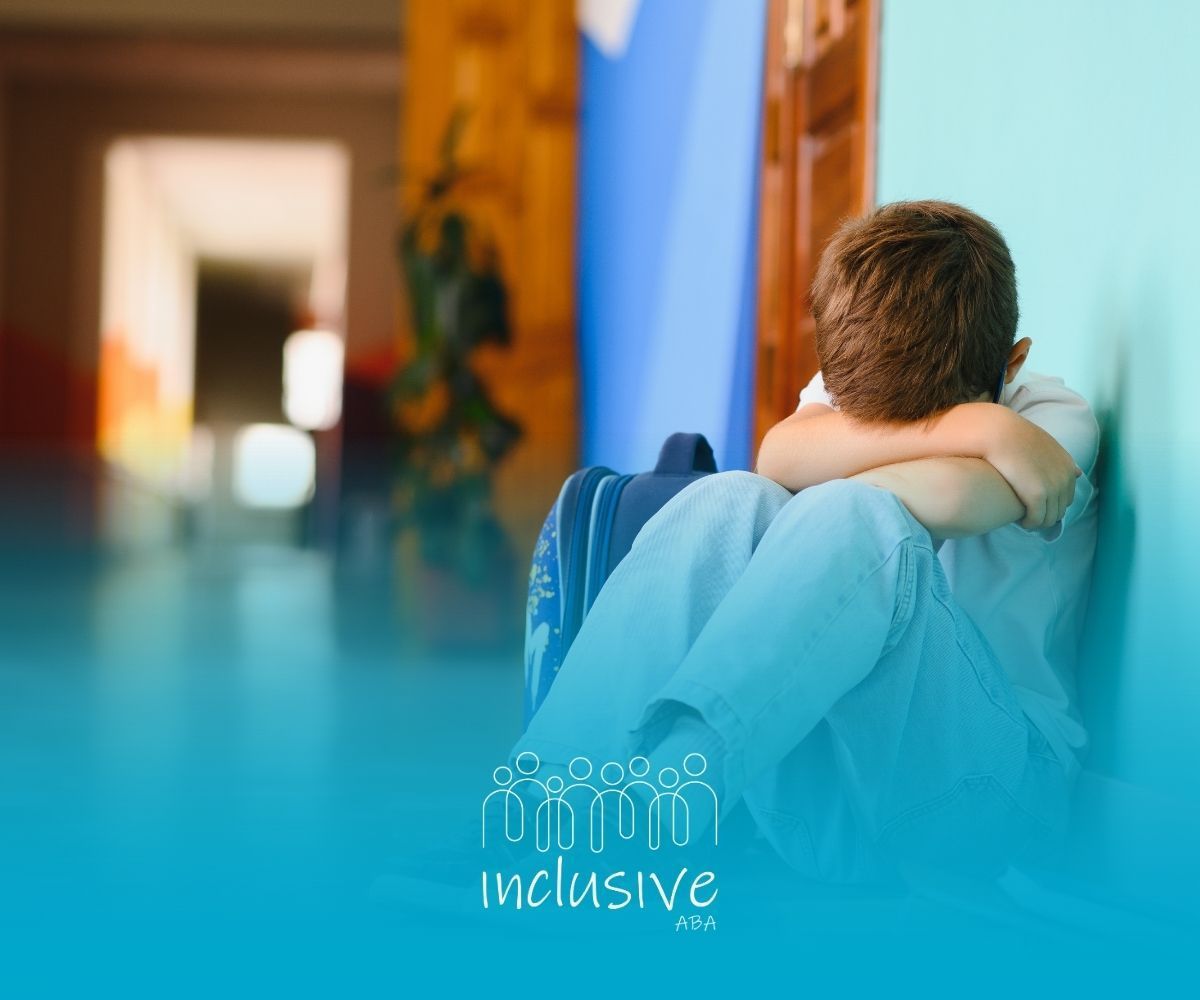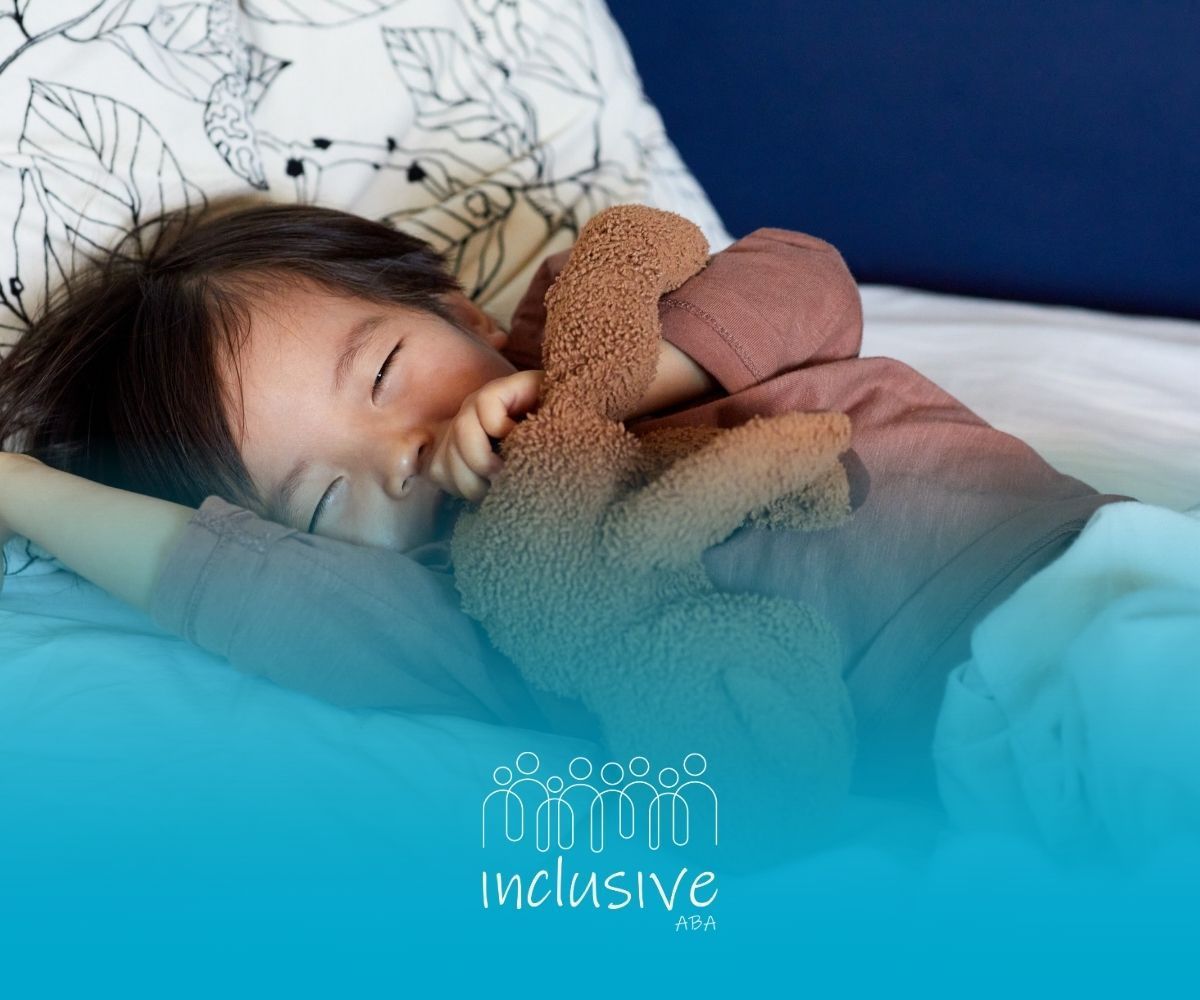Why Do Autistic Kids Need Sensory Rooms?
For many autistic children, the world can feel overwhelming. Loud noises, bright lights, and crowded spaces may lead to stress or meltdowns. Sensory rooms provide a safe, calming space where kids can regulate their emotions, explore their senses, and feel more comfortable.
The Benefits of Sensory Rooms for Autism
Sensory rooms are designed to meet the unique needs of children with autism. They help create balance between stimulation and relaxation.
Calm and Self-Regulation
A sensory room gives children a quiet space to decompress. This helps reduce anxiety, prevent meltdowns, and support emotional self-regulation.
Improved Focus and Learning
By allowing kids to reset in a sensory-friendly environment, they often return to tasks with better focus and attention. This is especially helpful in schools or therapy settings.
Safe Exploration
Sensory rooms encourage children to explore textures, sounds, lights, and movement in a safe, controlled way. This supports sensory integration and builds confidence.
Encourages Independence
With calming tools like swings, bubble tubes, and soft lighting, kids can learn how to independently manage overwhelming feelings.
Support Beyond Sensory Rooms
While sensory rooms are powerful tools, many families also benefit from professional support. At Inclusive ABA, we provide ABA therapy in Nevada, Tennessee, Colorado, Utah, Iowa, and Ohio.
We offer flexible services like home-based ABA therapy, school-based ABA, and ABA parent training to support every child’s growth.
Ready to help your child thrive? Contact us today to learn more about our ABA therapy services.
FAQs
What is a sensory room?
A sensory room is a specially designed space with tools, lights, textures, and sounds to help children with autism feel calm and regulated.
Do sensory rooms replace ABA therapy?
No. Sensory rooms are supportive tools, while ABA therapy focuses on behavior, communication, and skill-building. Both can work together.
Can schools have sensory rooms for autistic kids?
Yes! Many schools create sensory-friendly spaces to support students with autism, helping them focus and learn better.
Sources:
- https://www.ncbi.nlm.nih.gov/books/NBK559155/
- https://autism.org/sensory-integration/
- https://www.autismparentingmagazine.com/creating-sensory-space-for-asd-kids/
- https://www.cardiff.ac.uk/psychology/research/impact/sensory-room-guide-supporting-the-learning-and-wellbeing-of-autistic-children
- https://pmc.ncbi.nlm.nih.gov/articles/PMC9340127/
Looking for Expert Help? We're Here for You!
Our compassionate and skilled team is devoted to enhancing your child's development through customized ABA therapy. Let us partner with you to create a supportive environment for your child's success.
Discover how we can help your family thrive with expert ABA therapy.
Related Posts







